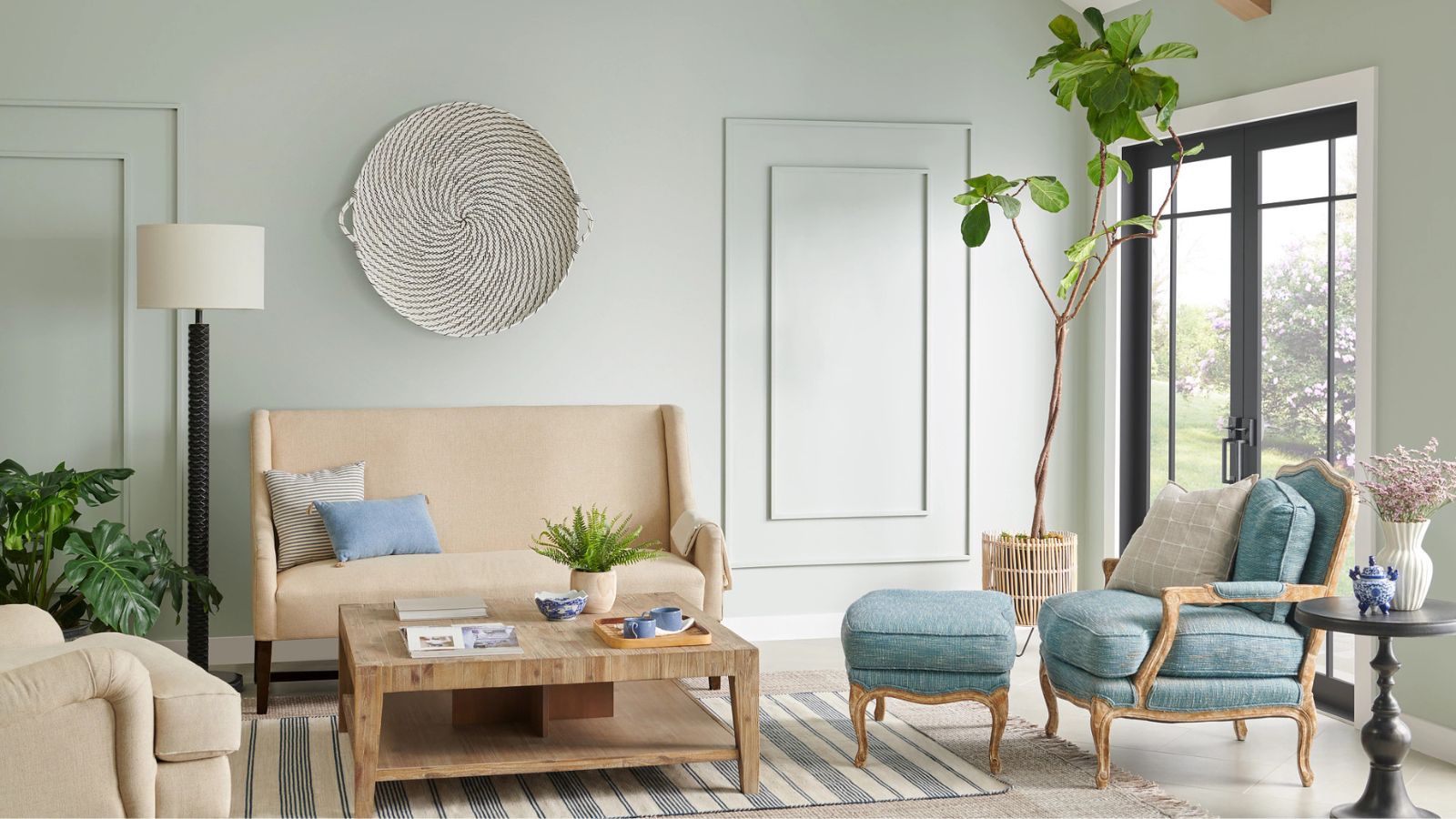
Design expertise in your inbox – from inspiring decorating ideas and beautiful celebrity homes to practical gardening advice and shopping round-ups.
You are now subscribed
Your newsletter sign-up was successful
Want to add more newsletters?

Twice a week
Homes&Gardens
The ultimate interior design resource from the world's leading experts - discover inspiring decorating ideas, color scheming know-how, garden inspiration and shopping expertise.

Once a week
In The Loop from Next In Design
Members of the Next in Design Circle will receive In the Loop, our weekly email filled with trade news, names to know and spotlight moments. Together we’re building a brighter design future.

Twice a week
Cucina
Whether you’re passionate about hosting exquisite dinners, experimenting with culinary trends, or perfecting your kitchen's design with timeless elegance and innovative functionality, this newsletter is here to inspire
Vacuuming your home is meant to clean your floors of dust and pet dander, so why can allergies worsen afterwards? The answer is simpler than you'd think, and luckily, there are plenty of steps to reduce our allergic symptoms when vacuuming.
The best cordless vacuums use powerful motors to suck up dirt, dust and debris from the floor - and included in this mix is a variety of allergens that trigger symptoms. To really understand exactly how they affect you, our guide to the common allergens that live in our homes covers it all in much more detail.
We spoke to the experts to find out why allergies get worse after vacuuming and to learn all the steps we can take to reduce or eliminate the symptoms.
Why do my allergies get worse after vacuuming?
If your allergies worsen after vacuuming, there's a big chance that you're allergic to what's being cleaned. Think: dust mites, pollen and pet dander - these are the allergens that build up on our floors and furniture.
'Vacuuming disturbs settled dust and other allergens, propelling them into the air,' explains Dr Elena Salagean (MD), an allergist working at Holistic Allergy.
Airborne particles are much easier to breathe in. So, although there may be the same number of allergens in the room, you're more likely to have allergic symptoms once they're in the air than when they're on the floor.
'If you already have an air purifier which measures the air quality, you would see a temporary increase in the number of particles >2.5pm in size,' Elena adds.
Design expertise in your inbox – from inspiring decorating ideas and beautiful celebrity homes to practical gardening advice and shopping round-ups.
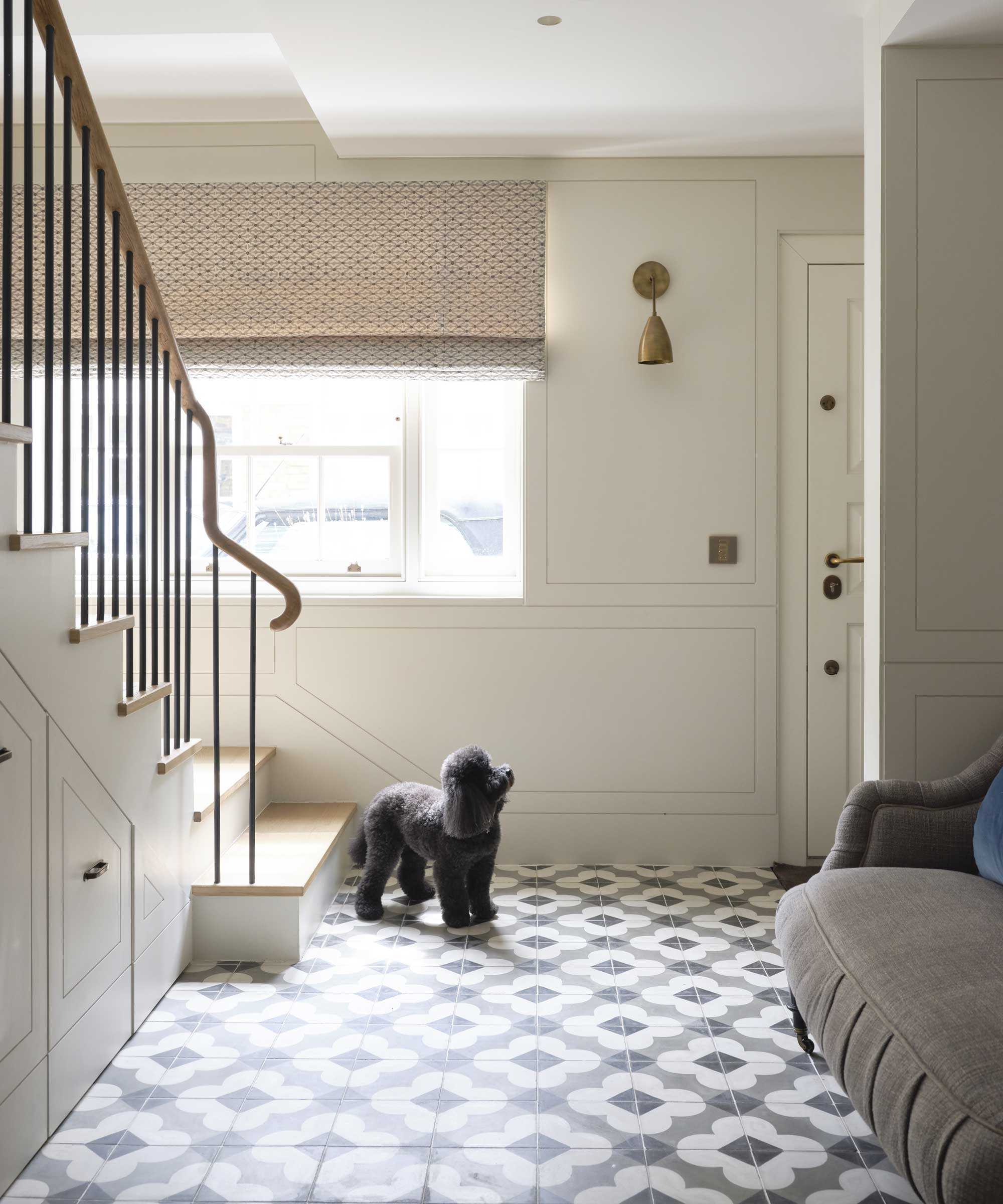
What can I do to reduce allergies after vacuuming?
Capturing and removing airborne allergens is exactly what the best air purifiers are designed to do. The most effective ones use HEPA filters, that are able to trap at least 99.97% of small and micro-sized particles, including allergens like dust, pollen and dander.
Running an air purifier while vacuuming the house will catch those particles that are sent into the air by your vacuum cleaner.
'If you use an air purifier while vacuuming, this can capture more of the small particulates and allergens that have been disturbed by the vacuuming,' says Elena. We agree, as we understand just how well air purifiers help with allergies. By removing these super-fine particles from the air, they massively reduce allergic symptoms.
So, to reduce allergies after vacuuming, it's a good idea to bring an air purifier into your home - especially one with a HEPA filter. Air purifiers that track your air quality are particularly useful too, as you can see just how much vacuuming affects your home environment. As H&G's home tech editor and an air purifier tester (and an allergy sufferer!), these are my recommendations to help with allergies:
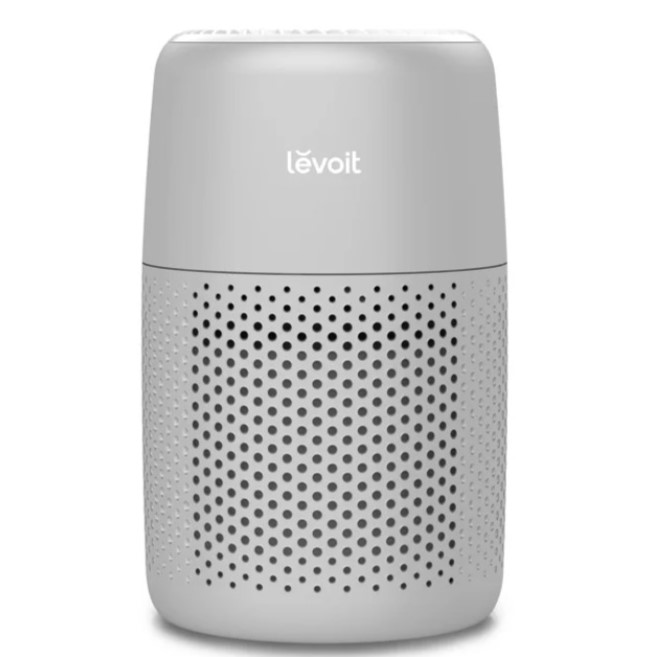
This is about as affordable as it gets when it comes to air purifiers with HEPA filters. It's small, so it won't be able to cover large spaces as well as others, but it can still capture super-fine allergens in the air during and after vacuuming. This one doesn't have an air-quality display, but for the price, it'd be surprising if it did.
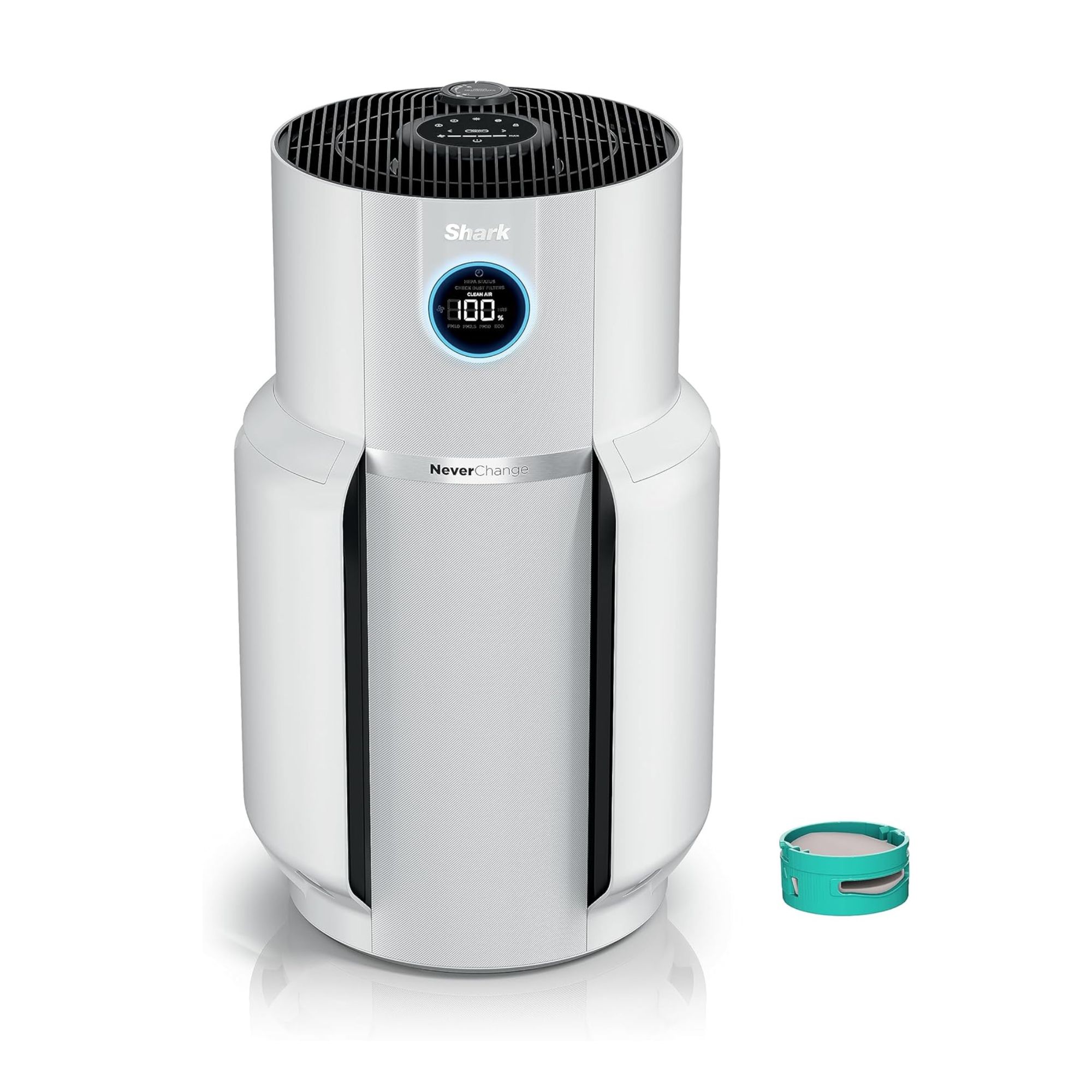
I've reviewed the Shark NeverChange Air Purifier MAX, and was genuinely impressed by its performance at this price point. The best air purifiers tend to cost $400+, while the NeverChange MAX has greater coverage than any of the air purifiers we've tested and has filters that don't need replacing for up to 5 years. It has a HEPA filter to deal with allergens and a clear, accurate air quality indicator.
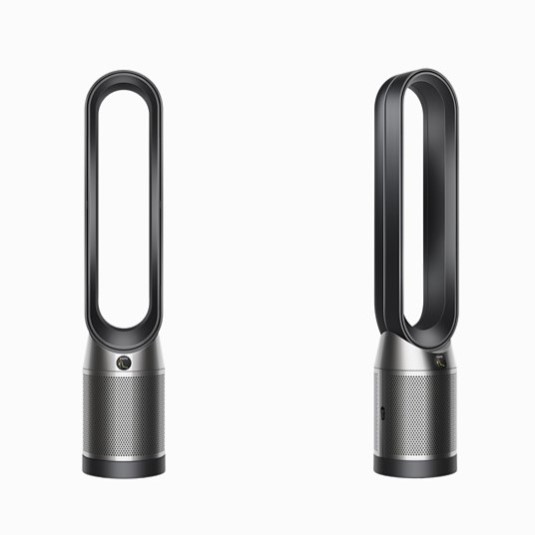
Dyson's air purifiers double up as fans. So, while purifying your indoor space, they're also cooling you, while at the same time moving air around the room to aid the purification. Clean air is circulated around the room, and particles can reach the purifier to be captured more quickly. I'm currently testing the Purifier Cool TP07, and so far it's great for both cooling and purifying my home, with a very detailed display of air quality over time and the various particles it captures.
An air purifier will capture particles sent into the air, but really, your vacuum cleaner shouldn't be doing this. The best vacuum cleaners are meant to trap everything they pick up. If yours isn't, you might need to give it a clean.
'Washing your vacuum filter regularly is particularly important. If the filter isn't cleaned the vacuum becomes less effective, and can emit dust particles into the air whilst using it,' says Heather Nixon, sustainability, NPD and regulatory manager at Bio-D. 'Vacuuming more often with a regularly cleaned vacuum can also help to reduce chances of allergy flare ups,' she adds.
If you already clean your home and your vacuum regularly, it might be worth considering upgrading to a better vacuum cleaner.
'You can minimize this by using a vacuum cleaner with strong suction and quality filters. Without proper filtration, the aeroallergens will pass through the vacuum cleaner and back into the surrounding air,' says Elena.
Like with air purifiers, this is where a HEPA filter makes all the difference. To truly remove allergens from your home, your vacuum needs a filter that's capable of trapping those super-fine particles:
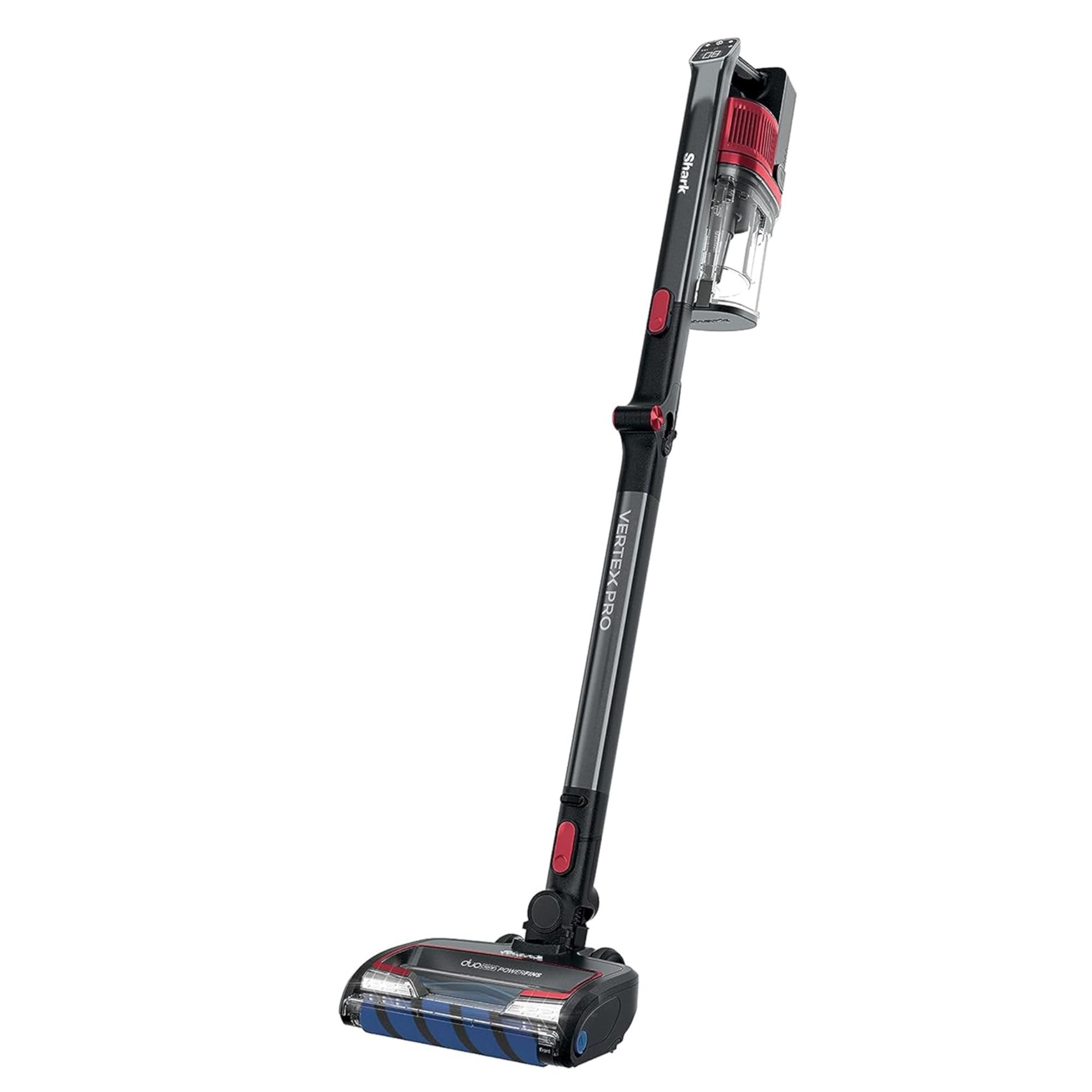
We've reviewed the Shark Vertex Cordless, and loved that it offers 'luxury features' without a luxury price tag. It has an anti-allergen seal specifically designed to trap dust and other fine particles. It's also super lightweight, easy to clean, and charges through a removable battery.
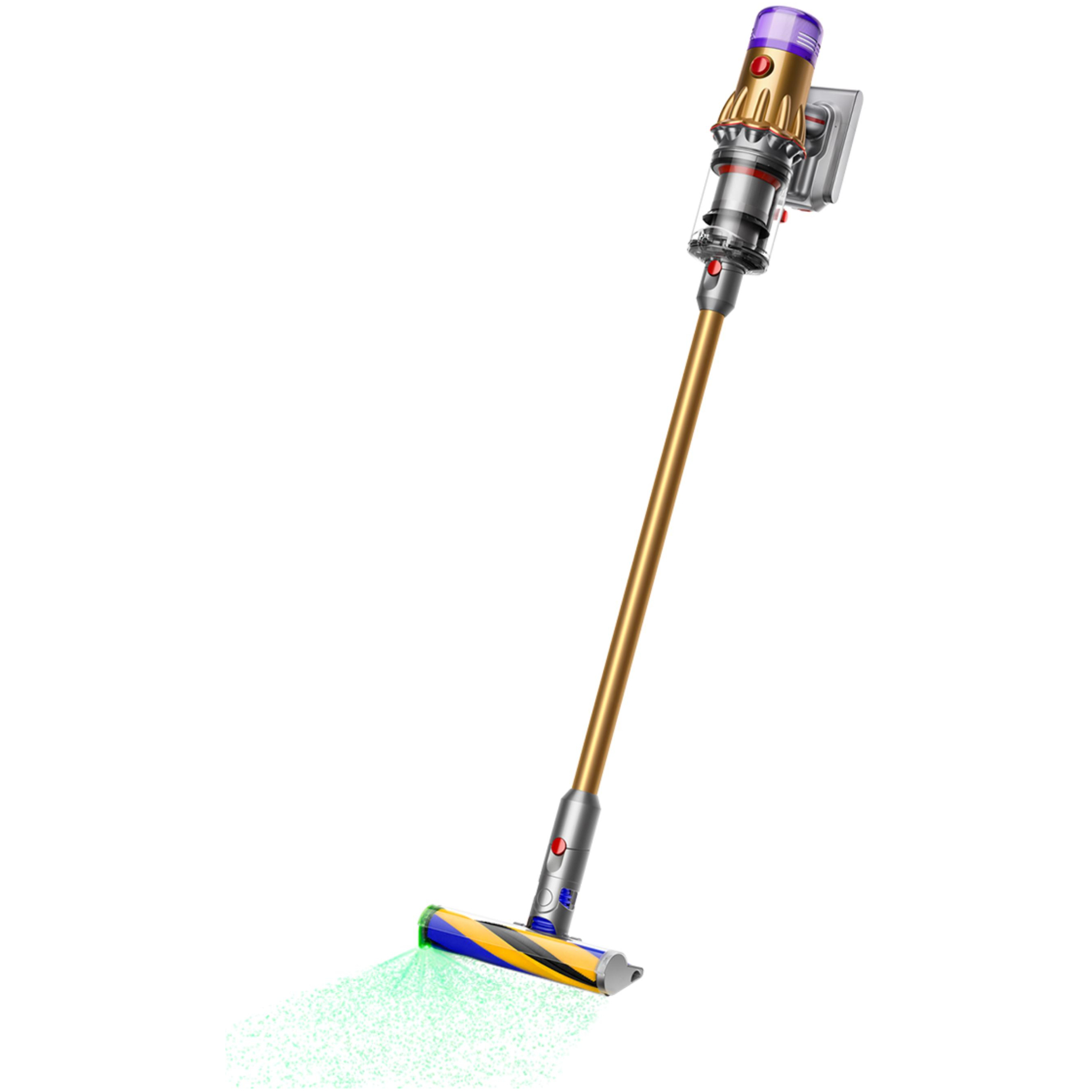
I've recently reviewed the Dyson V12 Detect Slim. It's Dyson's more affordable and more lightweight offering into their 'Detect' range of cordless vacuums. The others in the range (like the Dyson V15 Detect and Gen5detect) are the best vacuum cleaners we've ever tested, and I was impressed that the V12 Detect Slim was able to offer similar cleaning power. Its HEPA filter easily traps super-fine particles.
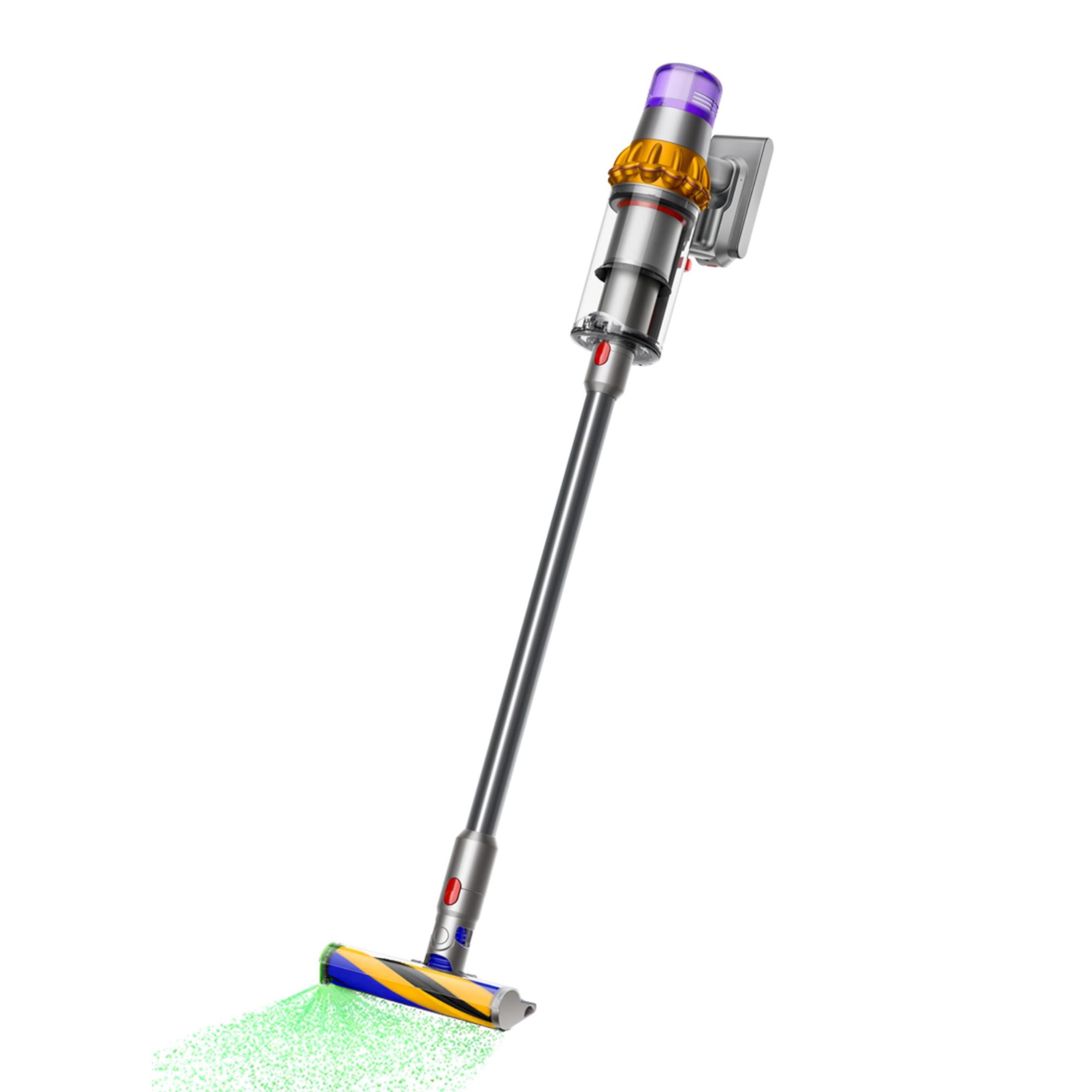
To truly get rid of allergies from vacuuming, the Dyson V15 Detect will capture everything that's put in front of it. In our Dyson V15 Detect review we discovered just how powerful it is, picking up everything from pet hair to dust with impressive ease. It definitely won't be sending dust and other allergens flying into the air.
For more reliable choices, our expert guide to the best vacuums for pet hair covers everything from picking up pet dander to anti-allergen features.
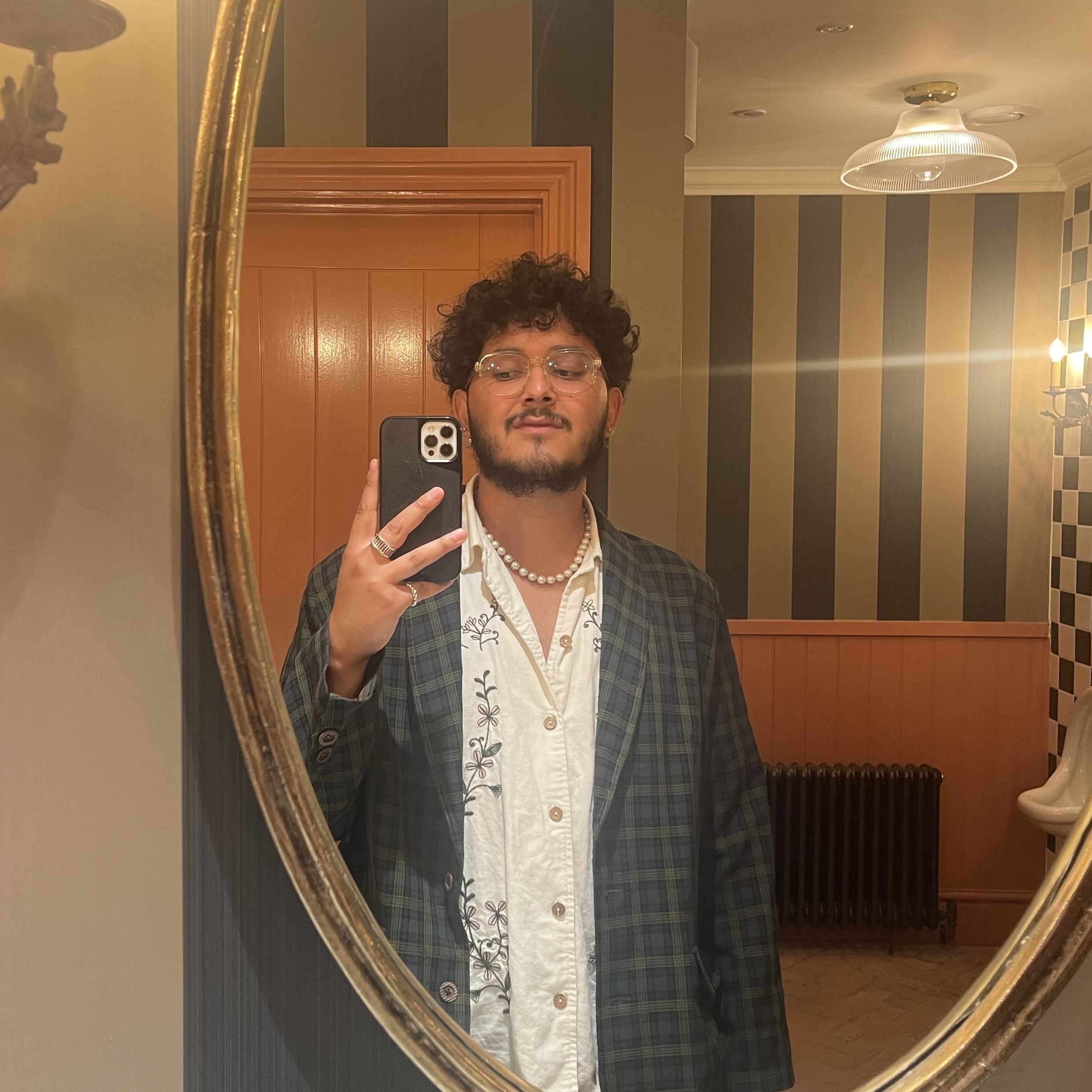
Dan is the Home Tech Editor for Homes & Gardens, covering all things cleaning, sound, smart home, and air treatment across the Solved section.
Having worked for Future PLC since July 2023, Dan was previously the Features Editor for Top Ten Reviews and looked after the wide variety of home and outdoor content across the site, but their writing about homes, gardens, tech and products started back in 2021 on brands like BBC Science Focus, YourHomeStyle and Gardens Illustrated.
They have spent more than 400 hours testing and reviewing vacuums, soundbars and air purifiers for Homes & Gardens.
Dan has a BA in Philosophy and an MA in Magazine Journalism. Outside of work, you'll find them at gigs and art galleries, cycling somewhere scenic, or cooking up something good in the kitchen.
